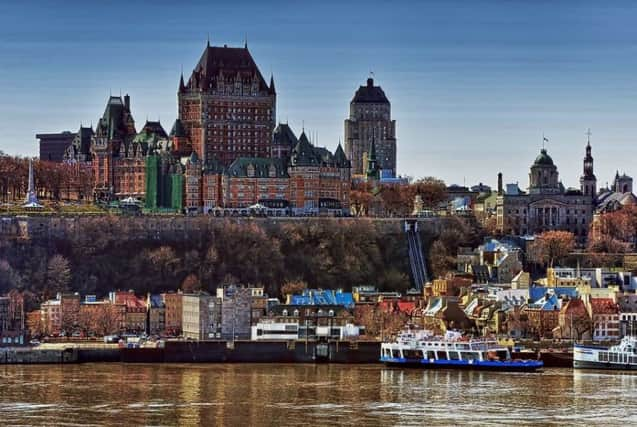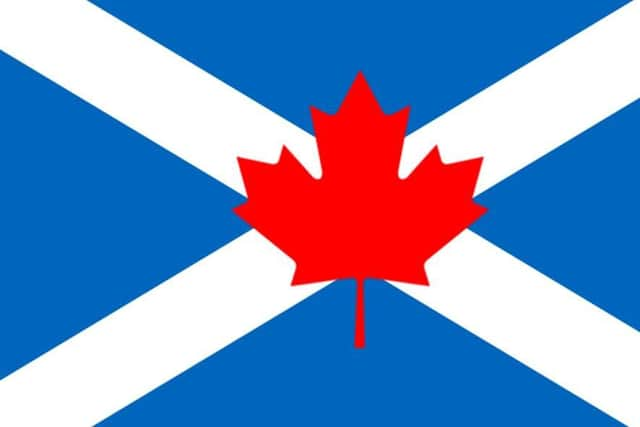Scotland '˜should be invited to be Canadian province'
This article contains affiliate links. We may earn a small commission on items purchased through this article, but that does not affect our editorial judgement.


Ken McGoogan, whose books include How the Scots Invented Canada and 50 Canadians Who Changed the World, writes in a column for Canada’s Globe and Mail newspaper that Scotland is ‘hitting a brick wall’, adding: “The Scots aren’t happy with the rest of Britain. They aren’t happy politically with Westminster’s shift to the right. They aren’t happy with Brexit, and with being frog-marched out of a multinational alliance they don’t wish to leave.”
McGoogan points out that, with a population of 5.3 million, Scotland would become Canada’s third-largest province, behind Ontario and Quebec and - in a country of 36.5 million people - would represent 12.6 per cent of the population as opposed to eight per cent wthin the UK.
Advertisement
Hide AdAdvertisement
Hide AdAlthough McGoogan concedes that Scotland wouldn’t become fully independent, he insists Scotland would have increased powers.


In Canada, provinces have control over internal constitutions and taxation for ‘municipalities, school boards, hospitals, property and civil rights, administration of civil and criminal justice’ among others.
McGoogan also draws attention to the fact that Scotland would have control over oil as the Constitution of Canada places natural resources under provincial jurisdiction.
The inevitable comparisons with Quebec are made, with McGoogan referencing the motion passed by the Canadian government in 2006 that recognised the province as being ‘a nation within a united Canada’.
McGoogan also points out that Quebec has refused to sign the country’s Constitution Act of 1982, but adds that ‘constitutionally, Canada has muddled on without that signature for 35 years - and looks good to go for another 35.’


McGoogan’s parting shot is that Scotland applying to join the EU as a province of Canada - as part of a country of 41.8 million - would have more chance of success than as a nation of 5.3 million, and that a successful application would benefit Canada by providing the country with a ‘foothold in multicultural Europe’.